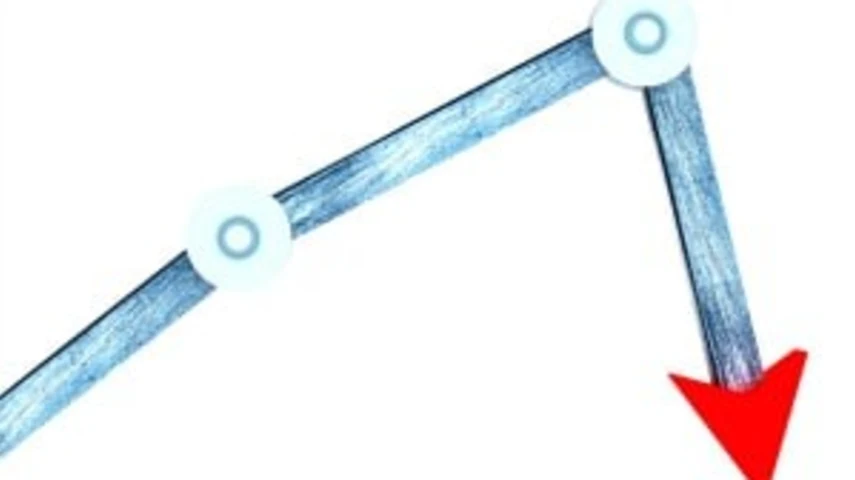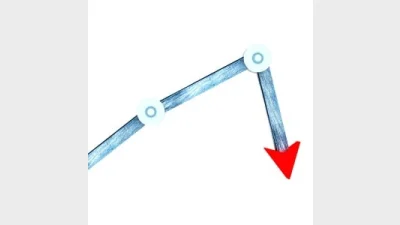COVID-19 hits incomes as wage growth reaches 23-year low



The gap between income and expenses is set to widen further next year as households struggle to make ends meet as a result of the COVID-19 pandemic.
Wage growth was at the lowest annual growth rate in 23 years this year while unemployment was at 6.9% in September.
Research by the debt and wealth advisory service DG Institute found 55% of Australians were earning less this year and 44% had more expenses than at the start of the year. This was higher than those aged over 50 where 63% said they were earning less nowadays.
From a state perspective, Victorians suffered the worst thanks to a strict second lockdown as 58% of respondents said they were earning less in October 2020 while those in South Australia and Canberra suffered the least.
Looking at expenses, over half of those aged 18 to 30 said they had more expenses now than at the start of the year compared to 41% of those over 50. While they had lost income, 63% of Victorians said they had fewer expenses now, the highest of all the states.
Dominique Grubisa, founder of the institute, said: “While the economic impact of the past year has greatly affected household’s employment security, financial stability, consumer confidence, and future outlook, I predict this is only the beginning and will likely worsen next year. Government stimulus and banking leniency with repayments has helped to create an artificially healthy economy, but once this ends, we will see the true effect on households.
“Now is the time for consumers to tighten their purse strings and prepare for a greater economic blow, to safeguard themselves from what is to come. The best approach is to have a strong strategy on how to manage finances and debt.”
Looking ahead, 56% of respondents said they were more optimistic on the future than they were at the start of the year with most positivity seen in South Australia and Queensland at 61%.
Recommended for you
As the end of the year approaches, two listed advice licensees have seen significant year-on-year improvement in their share price with only one firm reporting a loss since the start of 2025.
Having departed Magellan after more than 18 years, its former head of investment Gerald Stack has been appointed as chief executive of MFF Group.
With scalability becoming increasingly important for advice firms, a specialist consultant says organisational structure and strategic planning can be the biggest hurdles for those chasing growth.
Praemium is to acquire an advanced technology firm for $7.5 million, helping to boost its strategy to be a leader in AI-powered wealth management.











